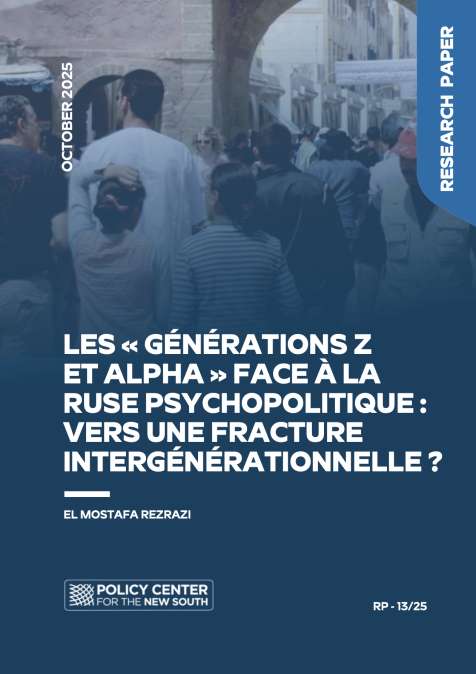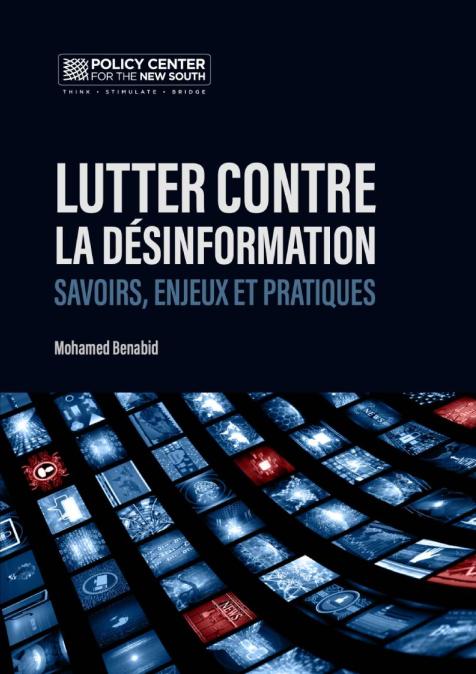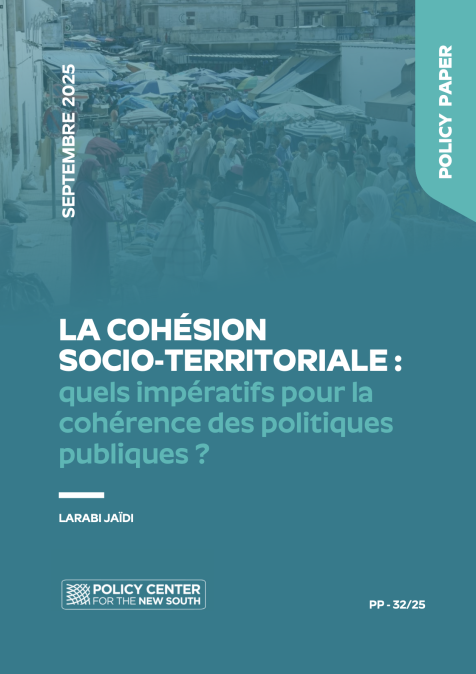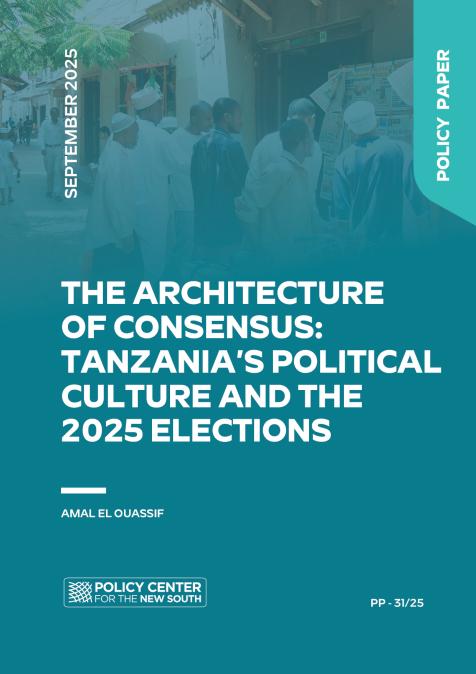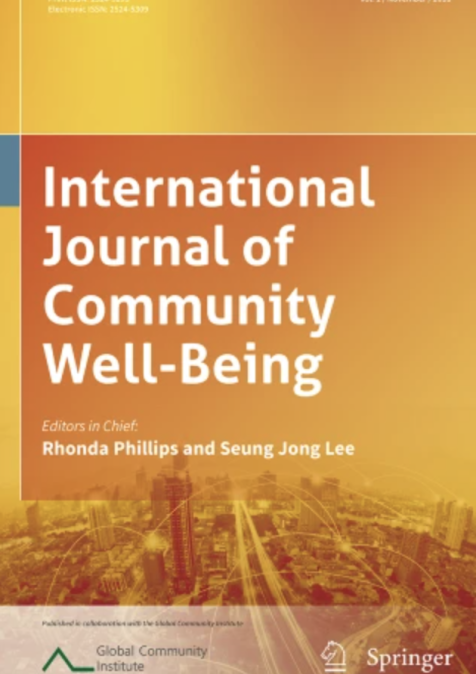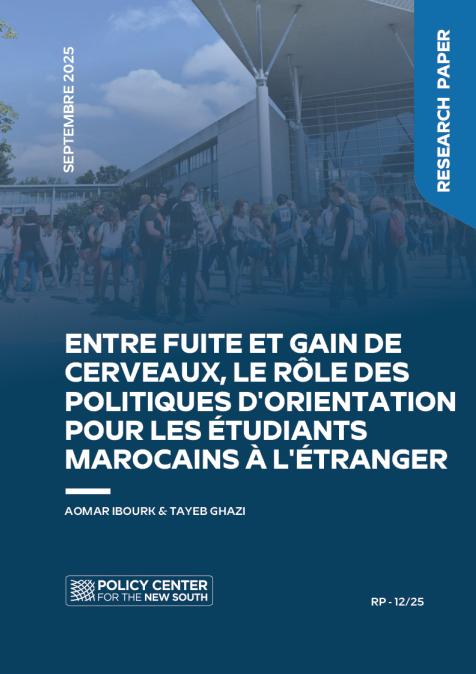Publications /
Opinion
There is something almost predictable about how academic institutions react to disruptive technology. First comes resistance, then fear-mongering, and finally often too late grudging acceptance. This pattern has been repeated countless times throughout history.
Take the 1970s calculator controversy. Mathematics professors were genuinely worried that electronic calculators would somehow "dumb down" their students [1]. The irony? Those same tools ended up freeing mathematicians from tedious arithmetic, allowing them to tackle far more sophisticated problems. We've seen this story before and since. Statistical software like SPSS and R faced similar resistance from statisticians who thought automated analysis would make them obsolete. Digital databases? Academics were convinced they'd destroy scholarly research. Each time, the pattern was the same: early adopters thrived while the holdouts got left behind.
Now the academic world is dealing with artificial intelligence and the arguments around its impact sound remarkably familiar, with the same predictions of doom. Yet the data tells a completely different story.
Consider this reality: 92% of British students are already using AI tools in some capacity [2]. That's not a small pilot program or an experimental initiative that's widespread adoption happening whether institutions like it or not. Meanwhile, generative AI usage in professional settings jumped from 33% to 71% in just one year [3]. These aren't numbers anyone can ignore.
Resarchers who've embraced AI tools including ChatGPT, Claude, and Perplexity aren't becoming less capable, they're becoming more productive [4]. They're using these platforms for brainstorming, drafting, data analysis, and literature reviews. However, the picture isn't entirely rosy some studies suggest that while AI tools can boost efficiency, they may also lead to reduced job satisfaction due to decreased creativity and skill underutilization among researchers.
In educational settings, AI-powered adaptive learning systems are improving student test scores by 62% [5]. These aren't marginal gains; they're transformational improvements that any serious institution should want to capture.
But here's what's really exciting: the smart institutions aren't just using AI, they're monetizing it. Universities are licensing their research data, their archived publications, and their specialized datasets to AI companies [6].They're turning decades of accumulated knowledge into revenue streams while simultaneously contributing to technological advancement. It's a win-win scenario that the lagging institutions are completely missing out on.
Some people argue for special protections, regulations that would slow AI development to protect traditional academic methods. This approach seems fundamentally misguided. Could anyone have protected slide rules from calculators? Encyclopedia publishers from Wikipedia? Of course not. The market—and more importantly, human progress—moved forward regardless.
The institutions that are thriving today are those that give their researchers freedom to experiment with AI tools[7]. They're not micromanaging the process or creating bureaucratic hurdles. They're simply saying: “Here are the tools—figure out how to use them effectively”.
History has a way of being brutally honest about these transitions. The institutions that adapt early tend to lead their fields for decades. Those that resist often find themselves playing catch-up, scrambling to implement technologies that their competitors have already mastered.
Academic institutions don't need to protect researchers from AI. They need to give them the resources and freedom to harness its potential. Because if there's one certainty, it's that the next breakthrough in any field is more likely to come from someone using AI tools than from someone avoiding them.
The choice is clear: invest in AI integration or watch from the sidelines as others race ahead. Smart institutions have already made their decision.
References
[1] National Council of Teachers of Mathematics. (1980). An Agenda for Action: Recommendations for School Mathematics of the 1980s. NCTM.
[2] Anara. (2025). "AI in Higher Education Statistics: The Complete 2025 Report." https://anara.com/blog/ai-in-education-statistics
[3] McKinsey. (2025). "The State of AI: Global survey." https://www.mckinsey.com/capabilities/quantumblack/our-insights/the-state-of-ai
[4] Reddit r/PhdProductivity. (2025). "What AI tools (besides ChatGPT) do you actually use in your PhD?" https://www.reddit.com/r/PhdProductivity/comments/1kvepen/what_ai_tools_besides_chatgpt_do_you_actually_use/
[5] ScienceDirect. (2024). "Artificial intelligence in education: A systematic literature review." https://www.sciencedirect.com/science/article/pii/S0957417424010339
[6] Microsoft. (2025). "AI-powered success—with more than 1,000 stories of customer transformation and innovation." https://www.microsoft.com/en-us/microsoft-cloud/blog/2025/07/24/ai-powered-success-with-1000-stories-of-customer-transformation-and-innovation/
[7] McKinsey. (2025). "The next innovation revolution—powered by AI." https://www.mckinsey.com/capabilities/quantumblack/our-insights/the-next-innovation-revolution-powered-by-


